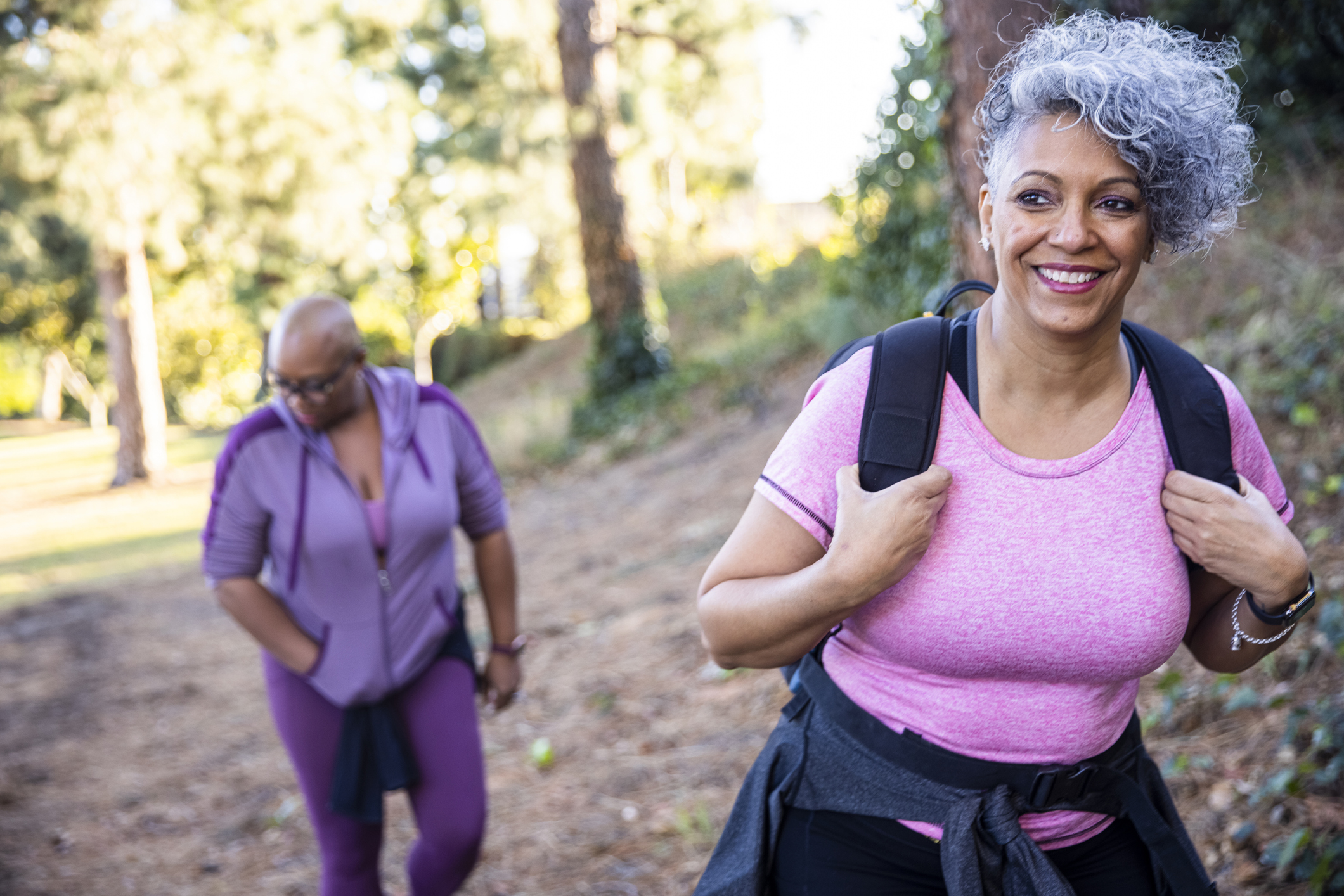Get Easy Health Digest™ in your inbox and don’t miss a thing when you subscribe today. Plus, get the free bonus report, Mother Nature’s Tips, Tricks and Remedies for Cholesterol, Blood Pressure & Blood Sugar as my way of saying welcome to the community!
The best workout for better blood sugar control

If you’re living with type 2 diabetes, you know that controlling blood sugar is everything. And you also know that diet and lifestyle choices are crucial to keeping blood sugar under control.
Studies have shown that “exercise snacking,” that is, getting your exercise in a little at a time throughout the day, rather than in one marathon session, is better at controlling blood sugar than one marathon session.
But there’s one more consideration anyone with diabetes needs to consider to get the best workout for better blood sugar control…
And that’s the time of day they exercise…
Afternoon workouts are best for blood sugar control
Researchers from Brigham and Women’s Hospital and the Joslin Diabetes Center, both affiliated with Harvard Medical School, took a look at whether physical activity at certain times of day was associated with greater improvement in blood glucose control.
They used data from the first and fourth years of the Look AHEAD study, a ten-year study that looked at weight gain among patients with type 2 diabetes.
The researchers analyzed physical activity data from the first and fourth years of the Look AHEAD study, which included data from over 2,400 participants.
Upon examining data from year one, they saw that patients who engaged in moderate-to-vigorous physical activity in the afternoon had the greatest reduction in glucose levels.
When they compared this with data from year four, the group who exercised in the afternoon maintained a reduction in blood glucose levels.
In addition, the group who exercised in the afternoon also had the highest chance of completely stopping their glucose-lowering medications.
Be picky about what type of exercise you choose
Not all exercise is helpful when it comes to blood sugar control. Some, including heavy weightlifting, sprints, HIIT and competitive sports can make it harder to manage. These cause the body to produce stress hormones (such as adrenaline).
Adrenaline raises blood glucose levels by stimulating your liver to release glucose. Exercise that’s too hard also makes it harder for your muscles to use insulin.
You’re better off choosing moderate-intensity workouts, doing sit-ups, push-ups and resistance exercises — like weight training with light weights. According to experts, more muscle mass helps the body better handle blood sugar. That’s because working muscle first uses stored sugars and then blood sugars for energy.
Hiking is also a good recommendation because, during longer exercise, muscles take up more glucose.
And if you need another good reason for working out later in the day, here’s more…
Not only does the research we’ve discussed here make it a good choice, but the natural rise in blood glucose that occurs between about 4:00 and 8:00 a.m. (known as the ‘dawn phenomenon’), can send your glucose levels even higher.
Remember, exercise gets harder the less you do, so find something you enjoy that works well for keeping your blood sugar in check — and stick with it.
Never stop taking any medication without consulting with your physician.
Editor’s note: Are you feeling unusually tired? You may think this is normal aging, but the problem could be your master hormone. When it’s not working, your risk of age-related diseases skyrockets. To reset what many call “the trigger for all disease” and live better, longer, click here to discover The Insulin Factor: How to Repair Your Body’s Master Controller and Conquer Chronic Disease!
Source:
Afternoon exercise linked with greater improvements in blood sugar levels for patients with type 2 diabetes — Eureka Alert
Why Does Exercise Sometimes Raise Blood Glucose (Blood Sugar)? — The American Diabetes Association
Exercise and Type 2 diabetes — WebMD














